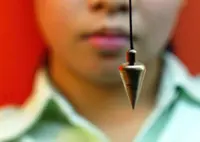The measure of a society is in how it treats its women and girls, says Malaysian Employers Federation (MEF) general manager Dr R. Usha Devi.
“This quote has been attributed to several figures throughout history including Mahatma Gandhi, former US secretary of state Hillary Clinton, and US former first lady Michelle Obama, but regardless of who said it, the sentiment behind the quote remains the same: the treatment of women and girls within a society is a reflection of the overall health and well being of that society,” says Usha.





